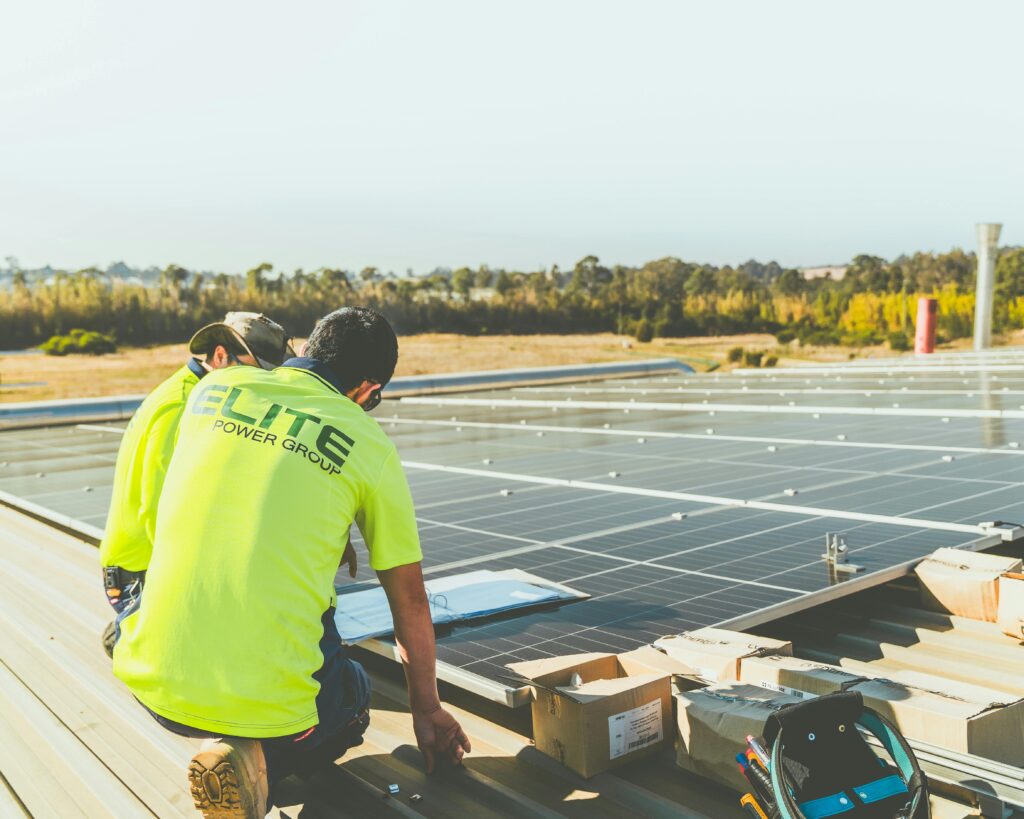If you’re putting together a solar power system for your home, RV, or off-grid cabin, you’ve probably come across the term “solar charge controller.” But what, exactly, is it, and do I need a solar charge controller for my system? The short answer is yes. And the reasons why may save you a costly mistake down the road.
A solar charge controller is a simple, but crucial component that sits between your solar panels and your battery bank. Its primary job is to regulate the flow of electricity and ensure that your batteries receive power at a safe and steady rate. Solar panels naturally fluctuate in their voltage output depending on weather conditions, amount of sunshine, and temperature. Without a controller, those constantly changing voltage levels could easily damage your expensive batteries through overcharging.

Even a small 100-watt solar panel can put out more voltage than your deep-cycle battery is designed to handle. Multiply that by several panels and you can see why a controller is so important. Battery damage isn’t always dramatic. Sometimes it shows up slowly in the form of capacity loss or shortened life span. A solar charge controller prevents all of that by regulating voltage and turning off the flow of power once the batter is fully charged.
So, What Exactly Does a Solar Charge Controller Do?
Solar charge controllers serve three major functions.
First, they prevent overcharging. Without a controller, a solar panel will keep sending power into a battery even after it reaches full charge. This can cause overheating, internal damage, and a dramatic reduction in lifespan. A charge controller monitors battery voltage and stops the flow of power once the battery is topped off.
Second, a good solar charge controller is essential for maximum charging efficiency. Modern controllers adjust voltage and current levels during different stages of charging. This ensures that your battery receives as much energy as possible without being damaged.
Finally, charge controllers prevent reverse current. At night, electricity can actually flow backwards from the battery to the solar panel causing a slow drain. A solar charge controller blocks this reverse flow, keeping your stored energy in the battery where you can use it.
So… Do I Need a Solar Charge Controller?
If you are connecting any solar panel to a battery, the answer is usually YES! An exception is when you’re using a small panel, typically 10 watts or less, to trickle charge or maintain a battery charge. Even then, it might be a good idea to use a controller. But if you’re building out a solar power system as part of your self sufficiency plan, or for off-grid living, then you’ll definitely need a properly sized solar charge controller.
Fortunately, installing a solar charge controller is a simple job, once you know what kind (MPPT or PWM?) and what size (10 amp, 20 amp, 40 amp, or more!) you need. That’s a topic for another blog post. But if you’re looking to make it as simple and foolproof as possible, this set up can handle most or all of your power needs.
Leave a Reply